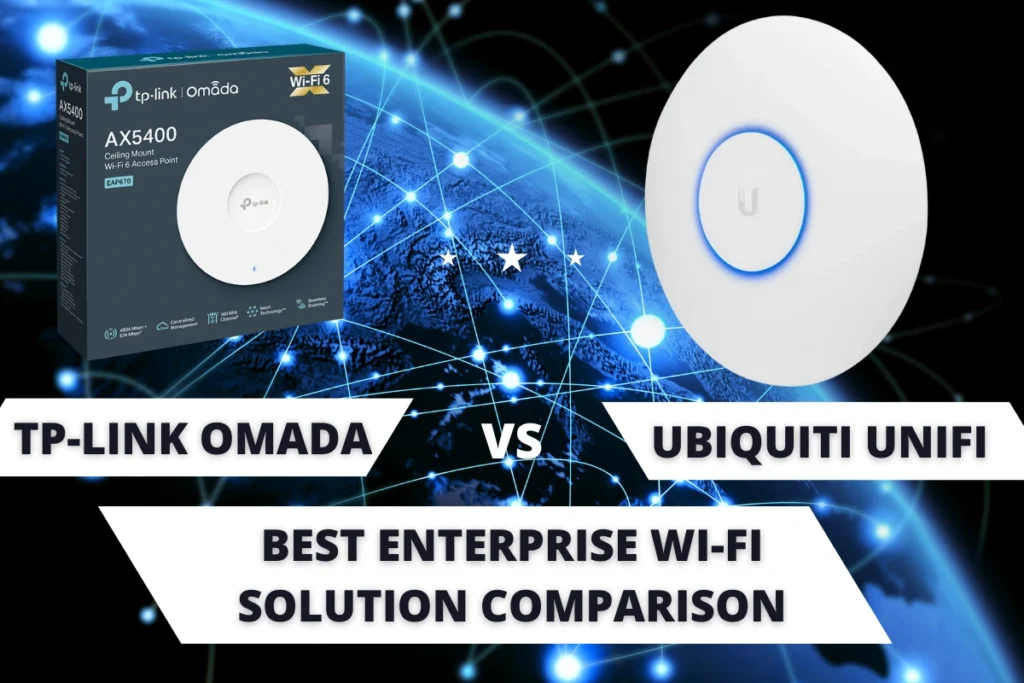Businesses requirements these days depend more on reliable communications. Whether you run a small-scale business or manage a large enterprise, the way you connect with clients and employees directly impacts productivity and growth. That’s the point where VOIP phones step in as the total game changer.
Unlike traditional landline systems, Voice over Internet Protocol (VoIP) allows users to make calls and receive calls over the internet. This modern approach is not just limited to convenience, but it’s more about transforming how businesses communicate, collaborate, and cut costs.
In this blog, we’ll break down everything you need to know about VoIP phone benefits, why they’re very important in 2025, and how to choose the right system for your needs. To explore the best options, visit VoIP phone solutions at Spoglink.
What Is a VoIP Phone?
Wondering how it actually works? A VoIP phone uses your internet connection instead of copper wires to handle voice calls. These phones can look just like desk phones, but they come in packed with advanced features such as video calling, voicemail to email, call forwarding, and flawless integration with business software.
VoIP phones can be:
- Hardware-based phones like the Grandstream GXP2140 or Snom D140 sit on your desk.
- Softphones are applications installed on your computer or smartphone.
- Hybrid solutions that combine both hardware and software for maximum flexibility.
Key VoIP Phone Benefits
1. Significant Cost Savings with VoIP
One of the biggest advantages of VoIP is cost savings, making it a popular choice among businesses worldwide. Traditional phone lines can be expensive due to installation, maintenance, and long-distance calling fees and charges. With VoIP, all you need is a stable internet connection.
- No more costly hardware installation.
- Reduced international and long-distance call rates.
- Affordable subscription-based pricing models.
For small businesses, especially, cost savings with VoIP can free up resources to invest in other growth opportunities.
2. Adaptability and Flexibility
Most of the time, it doesn’t matter whether you are working with 5 employees or managing teams of 500; VoIP for small businesses is designed to scale with your needs. Adding a new phone line is as simple as updating your plan, without any physical rewiring or major setup.
This flexibility qualifies businesses to adjust quickly to changing team sizes, making VoIP a smart choice for startups and growing companies.
3. Advanced Features Beyond Voice Calls
A traditional phone lets you call and makes you pay a fortune for it, but VoIP phones do much more. Depending on the device, you can access:
- Video conferencing and virtual meetings.
- Call recording and analytics.
- Voicemail-to-email transcriptions.
- Call forwarding and auto-attendant.
- Integration with CRM or collaboration tools like Zoom and Microsoft Teams.
For example, the Yealink MP58 WH E2 Zoom Phone is designed for hybrid meetings, offering Zoom integration and crystal-clear audio.
4. Mobility and Remote Work Support
With remote work becoming the new normal, VoIP phone benefits expand well beyond the office. Employees can use the same phone number across devices, ensuring interrupt communication whether they’re at home, traveling, or at a client’s site.
This level of mobility ensures businesses never miss important calls while supporting flexible work arrangements.
5. Reliability and Call Quality
Thanks to advancements and packed features in VoIP hardware requirements and stronger internet infrastructure, call quality on VoIP phones often surpasses traditional landlines. HD voice technology ensures clear communication without delays or dropouts.
Plus, built-in redundancy and cloud backup options ensure your communication system stays online even during outages.
6. Integration with Business Tools
VoIP phones aren’t just standalone devices—they integrate with email, calendars, project management platforms, and CRMs. This integration helps teams stay productive by streamlining workflows.
For example, sales teams can place calls directly from their CRM software while customer support agents benefit from auto-ticket creation when calls come in.
7. Global Reach and Business Expansion
If your business operates internationally, the advantages of VoIP phones include the ability to establish virtual numbers in different countries. This makes your company appear local to global customers without setting up physical offices abroad.
VoIP Hardware Requirements: What You Need
Before switching to VoIP, businesses should understand the VoIP hardware requirements:
- Reliable Internet Connection (minimum 100 kbps per call).
- VoIP Phones like the Grandstream GXP2140 or Snom D140.
- A router or switch that supports QoS (Quality of Service).
- Headsets or Speakerphones for mobility and conferencing.
Once your whole setup is ready, expanding and upgrading your system becomes much easier compared to traditional PBX systems.
Why Businesses Are Switching to VoIP in 2025
The interest and purchase of VoIP phones has skyrocketed, and for good reason. Businesses these days are prioritizing cost-effective, flexible, and more reliable communication tools. With VoIP, companies and businesses can easily support hybrid work, cut call costs, and future-proof their communication systems.
At Spoglink, we offer a range of VoIP phones that are made for different business needs and sizes. Whether you need a budget-friendly desk phone or a feature-rich video calling device, you will find the right fit for your organization.
Final Thoughts
We believe that investing in your VoIP isn’t just about upgrading your technology, but it’s more about improving and boosting your formal business communications. From cost-cutting and adaptability to advanced features and remote work support, the benefits of VoIP phones make them an essential tool in improving businesses’ strengths.
If you are prepared to take your communication system to the pro level, then don’t hesitate to explore our full range of VoIP phones and get the one that is more suitable and fulfilling to your business needs.

Spoglink: Where Smart Buyers Go for Smarter Gear
Join thousands who rely on us for quality, performance, and real support.





